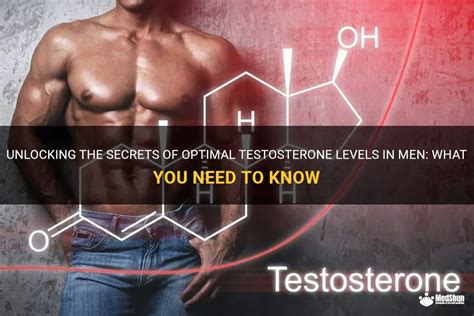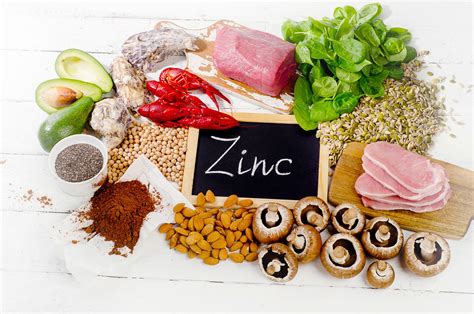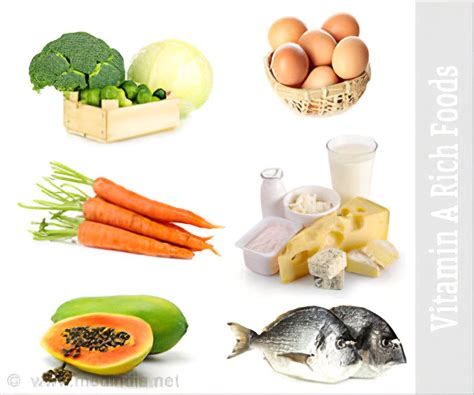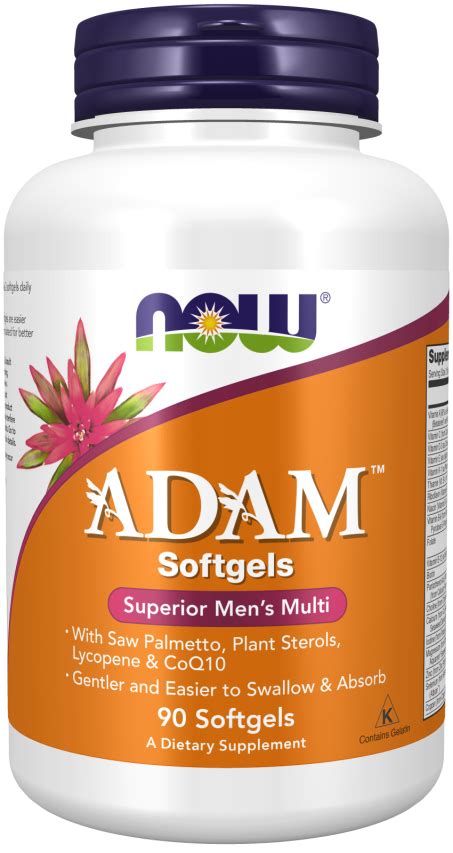What specific micronutrients are particularly crucial for men seeking to maintain optimal testosterone levels?

The Vital Role of Testosterone in Men’s Health
Testosterone, the primary male sex hormone, is fundamental to a man’s overall well-being. It influences muscle mass, bone density, fat distribution, red blood cell production, libido, mood, and energy levels. As men age, testosterone levels naturally decline, but various lifestyle factors, including diet, can significantly impact these levels. While a balanced diet is always essential, certain micronutrients stand out for their direct and indirect roles in supporting optimal testosterone production and regulation.

The Cornerstone Micronutrients: Zinc, Vitamin D, and Magnesium
Zinc: The Mineral for Male Vitality
Zinc is perhaps one of the most well-known minerals for its impact on testosterone. It plays a crucial role in numerous enzymatic reactions, including those involved in testosterone synthesis. Research consistently shows that zinc deficiency can lead to reduced testosterone levels, while adequate intake can help maintain or even boost them, particularly in men who are deficient or engage in intense exercise.
- How it helps: Supports the enzyme necessary for testosterone production and helps prevent its conversion to estrogen.
- Key sources: Oysters, red meat, poultry, beans, nuts, whole grains, dairy products.
Vitamin D: More Than Just a Vitamin
Often referred to as the ‘sunshine vitamin,’ Vitamin D actually functions as a steroid hormone in the body. Receptors for Vitamin D are found in Leydig cells in the testes, which are responsible for testosterone production. Studies indicate a strong correlation between sufficient Vitamin D levels and higher testosterone levels, with deficiency linked to lower levels.
- How it helps: Acts as a precursor in hormone synthesis and is directly involved in testosterone production in the testes.
- Key sources: Sunlight exposure, fatty fish (salmon, mackerel), fortified milk and cereals, egg yolks, some mushrooms.
Magnesium: The Unsung Hero
Magnesium is involved in over 300 enzymatic reactions in the body, including those that regulate muscle and nerve function, blood glucose control, and blood pressure. For testosterone, magnesium helps increase its bioavailability. It does this by reducing the binding of testosterone to Sex Hormone Binding Globulin (SHBG), a protein that renders testosterone inactive. More free (unbound) testosterone means more usable testosterone for the body.
- How it helps: Increases free testosterone by reducing SHBG binding and supports overall hormonal balance.
- Key sources: Leafy green vegetables, nuts, seeds, legumes, whole grains, dark chocolate.

Supporting Players: Boron and Vitamin K2
Boron: The Trace Mineral with a Big Impact
While a trace mineral, boron has shown promising effects on testosterone levels. Research suggests that boron supplementation can significantly increase free testosterone and decrease estrogen levels, thereby improving the testosterone-to-estrogen ratio.
- How it helps: Increases free testosterone, reduces SHBG, and can lower estrogen levels.
- Key sources: Prunes, raisins, dried apricots, nuts, avocados, apples, coffee.
Vitamin K2: A Supportive Player
Though less directly studied than zinc or Vitamin D for testosterone, Vitamin K2 plays an important role in overall hormonal health and male fertility. It has been shown to support steroid hormone production and may contribute to testicular health. Its role is often seen as synergistic with Vitamin D.
- How it helps: Supports steroid hormone synthesis and may enhance testicular function.
- Key sources: Natto (fermented soybeans), fermented foods, certain cheeses, egg yolks, liver.

Holistic Approach and Important Considerations
While these micronutrients are undeniably crucial, it’s important to remember that they are part of a larger picture. Optimal testosterone levels are best supported through a holistic approach that includes a nutrient-dense diet, regular exercise (especially strength training), adequate sleep, stress management, and maintaining a healthy body weight. Deficiencies in any of these crucial micronutrients can hinder your body’s ability to produce testosterone efficiently.

Before considering supplementation, it’s always recommended to consult with a healthcare professional. They can assess your current nutrient status through blood tests and provide personalized advice, ensuring that any supplementation is safe, appropriate, and effective for your individual needs. Focusing on a diverse diet rich in whole foods is the best first step to ensuring you receive these vital micronutrients for optimal testosterone and overall health.









